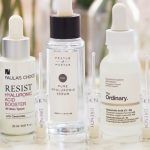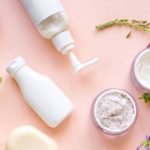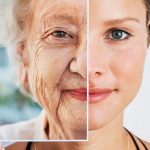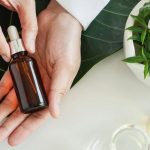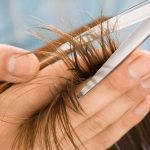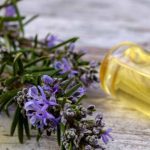With age, our skin undergoes changes that can result in wrinkles, fine lines, and other signs of aging. However, by taking good care of our skin, we can slow down these processes and maintain a healthy, youthful-looking complexion. We will share several tips on creating an effective skincare routine that helps to prevent the signs of aging. From key ingredients to lifestyle factors, we’ll cover everything you need to know to keep your skin looking its best as you age.
What are the key ingredients in anti-aging skincare?
Retinoids
These are a group of vitamin A derivatives that can solve problems of wrinkles, fine lines, and dark spots by increasing cell turnover and stimulating collagen production.
Vitamin C
It is a powerful antioxidant that protects the skin from free radical damage and stimulates production of collagen. Besides, it has brightening and firming properties that can improve the condition of your skin. Look for vitamin C in the form of L-ascorbic acid, the most stable and effective form.
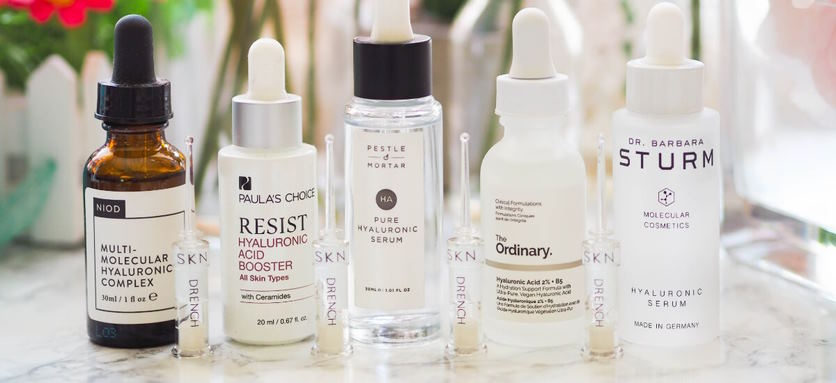
Peptides
They are chains of amino acids that can help improve the texture and firmness of the skin by stimulating production of collagen.
Hyaluronic acid
It is a naturally occurring substance in the body that keeps the skin hydrated and plump, which can reduce or even solve problems of fine lines and wrinkles.
Niacinamide
Niacinamide, also known as vitamin B3, is a multi-tasking ingredient that can help improve the texture and tone of the skin, reduce the appearance of pores, and boost hydration. It also has anti-inflammatory properties that can help calm irritated skin.
Alpha-hydroxy acids (AHAs)
AHAs are a group of acids, including glycolic acid and lactic acid, that can help exfoliate the skin, stimulate collagen production, and improve the appearance of fine lines and wrinkles.
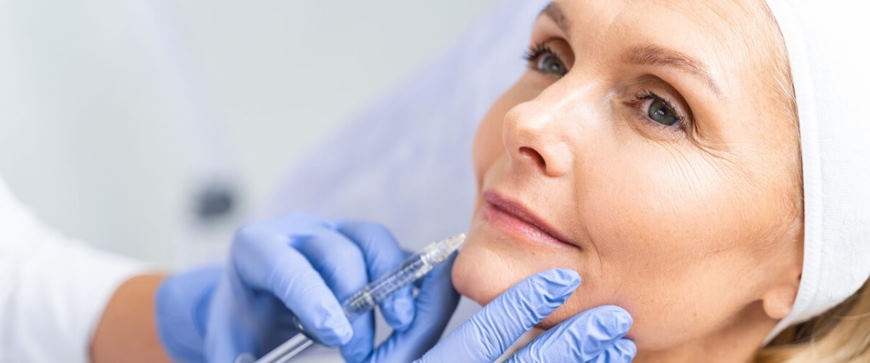
How to care about your face to prevent rapid aging?
If you want to keep your skin healthy, you should follow next tips:
Cleanse
Start your skincare routine with a gentle cleanser to remove dirt, oil, and makeup from your skin. Look for a cleanser formulated for your skin type that doesn’t leave your skin feeling tight or dry. Avoid harsh scrubs or cleansing tools that can damage the skin.
Exfoliate
Exfoliation helps to remove dead skin cells and promote cell turnover, which can improve the texture and appearance of the skin. However, be careful not to over-exfoliate, as this can damage the skin and cause irritation.
Treat
After cleansing and exfoliating, apply a targeted treatment to address your specific anti-aging concerns. For example, it could be a serum or cream that contains one or more of the key anti-aging ingredients mentioned earlier, such as retinoids, vitamin C, peptides, or hyaluronic acid. Follow the instructions carefully and avoid layering too many active ingredients simultaneously, which can irritate you.
Moisturize
It is an essential step in any skincare routine, as it helps to hydrate the skin and lock in moisture. Look for a moisturizer appropriate for your skin type and contains ingredients that can help support anti-aging, such as peptides or hyaluronic acid.
Protect
Daily sun protection is crucial for maintaining healthy, youthful-looking skin. Apply a broad-spectrum sunscreen with an SPF of at least 30 every morning, even on cloudy days, and reapply as needed throughout the day. You can also look for moisturizers or makeup products that contain SPF for added protection.
Remember, consistency is key when it comes to anti-aging skincare. Stick to your routine and be patient, as it can take several weeks or months to see results.


